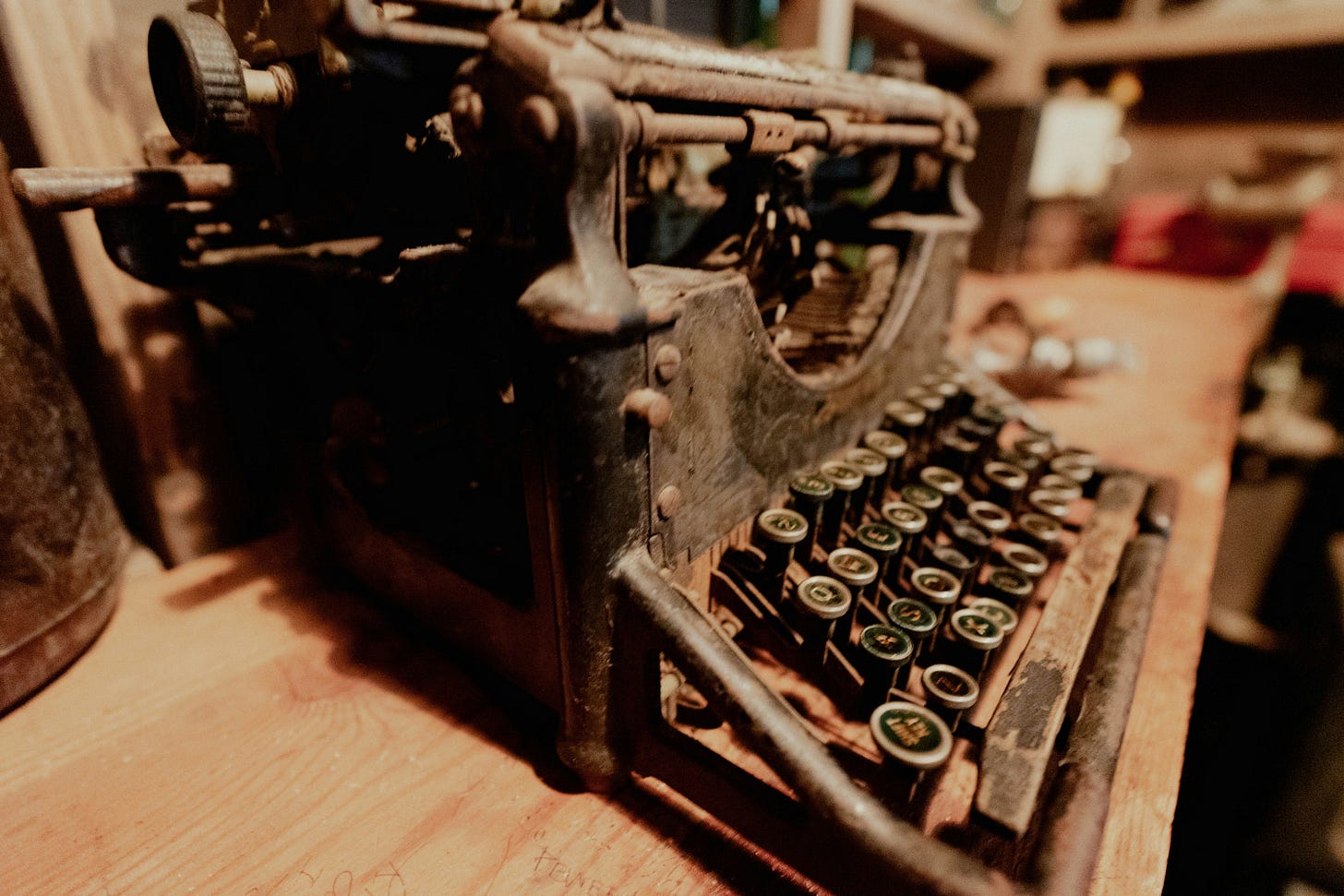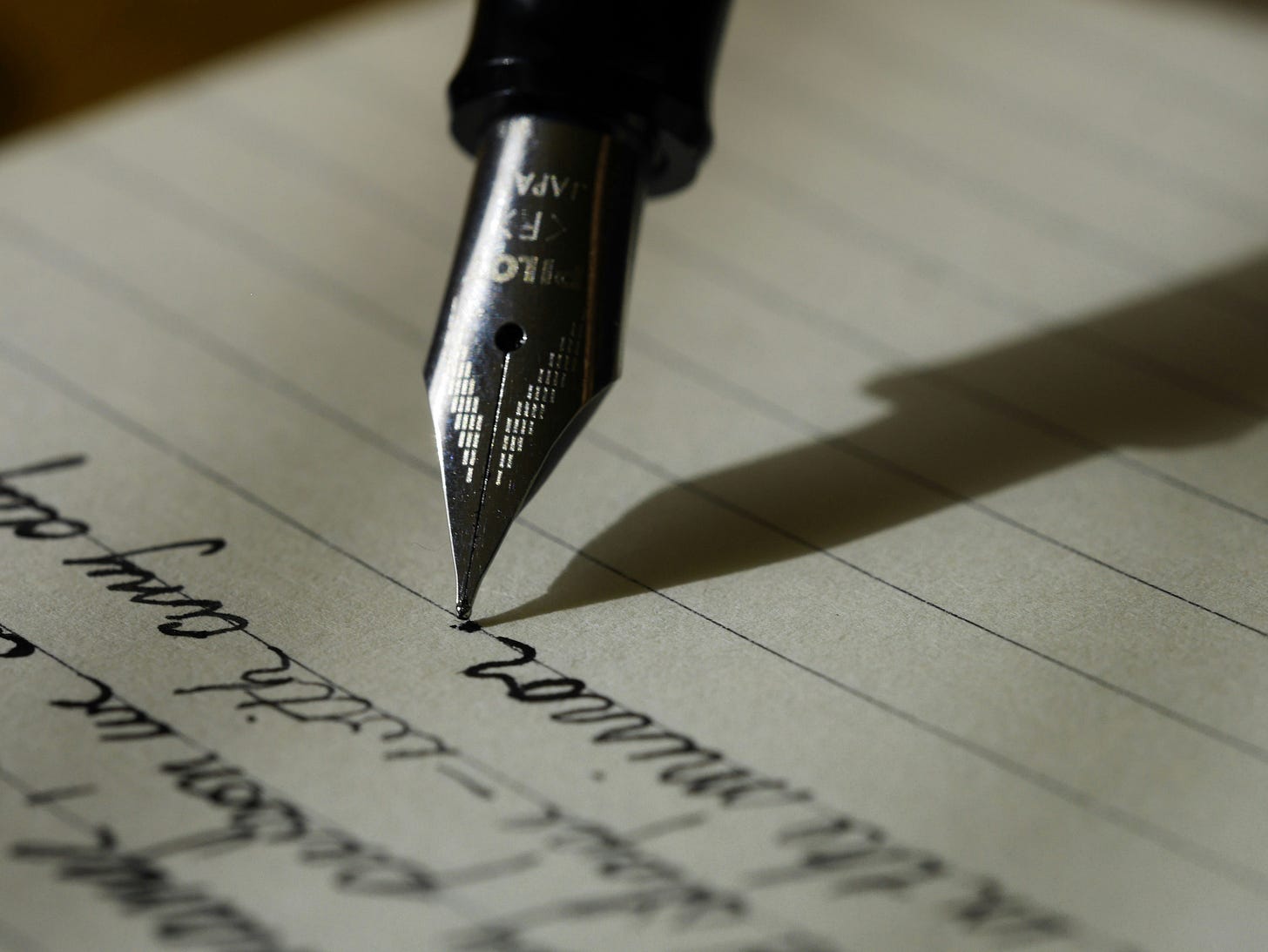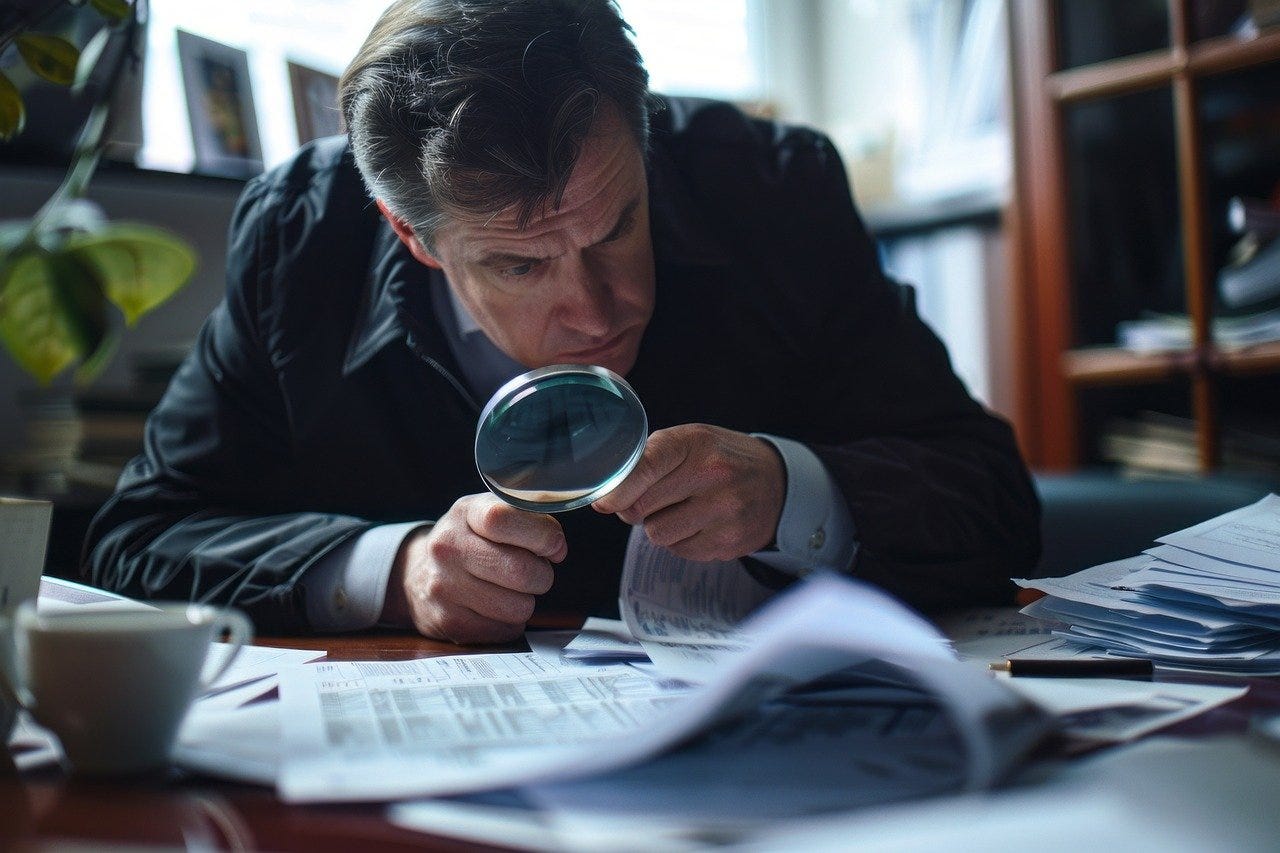Writing is the most practised skill I bring into the making of Hayawani. As such it may be the subject I subconsciously take most for granted while writing these process posts; it’s easier to remember to write about everything else when I’m learning everything else.
So today I’ll try and offset that imbalance by exploring the absence of words/story that hits every writer at one point or the other on their journey. I know I foreshadowed this post by using the words writer’s block, but that term feels very loaded and controversial to me. For certain writers it is a very real and present threat to their work, but others will swear that they have never encountered the beast. But find me a writer that has never gotten stuck on a story before and I will show you either a liar or a dabbler.
Now, this process post still feels like one that isn’t entirely necessary since much better writer writers than me have written extensively on the subject . And the only way I can think of to justify it is to put together the list of tips and advice that have resonated with me on my journey…
Sit in the Boredom and Emptiness
In the breakdown of my creative process way back when, I mentioned that I’m not the kind of writer that goes in with a fully detailed outline for my stories. Instead, I have a broad idea of the shape of the story when I start and details become clearer the closer I get to any given point. As you can imagine, there are a lot of junctures in this method where I have to stop and find my bearings. And those stops used to be very troubling for me; I’d feel the guilt and panic of not putting anything down, and then that guilt would double when I procrastinated because of the first wave 😅.
This whole cycle only eased off when I came across David Mamet’s masterclass. And he brought up the idea of sitting with the blank page in front of you and allowing yourself to be bored for the whole duration of your writing time. Your mind will fight this sensation fiercely, especially in this age of smartphones we live in… It will remind you of all the fun things you could be doing and you might even doze off. But, sit long enough in that moment and eventually your mind will get sick of this and decide that the only way out is to work on the problem and find solutions. Jackpot.
Writing Doesn’t Just Happen at Your Desk
Now, don’t get me wrong, the writing that happens at the desk is the one that ultimately matters, but sometimes we can get so hung up on that stage that all the other work we’re doing (the thinking, the noted observations, the research, the daydreaming etc.) gets dismissed when we’re confronted with the blank page/screen. All that pressure bears down on that moment at the desk and paralyses us because, if all that matters is what’s on the desk, then what’s on the desk has to be perfect, right?
But, as Jason Aaron points out in his Substack post, as a writer there’s a part of you that’s always writing. And that should give you some relief.
Tied to that point of decentralising what counts as writing…
When You Can’t Write the Story You Write About the Creative Block
It took me years to get to this a-ha moment.
Because I understood fairly early that detailed outlines weren’t for me, I stopped writing anything outside of the actual story/script down. I figured I was Jay-Z or Lil Wayne and everything could live in my head and be figured out on the go. Problem is, the mind is a messy place, particularly when you get stuck.
And so now I grab open and paper and write. Not outlines, not even anything structured enough that I could post it here… Instead I scribble down a long and unedited rant that explains why I’m stuck and why this particular problem has no solution. I present that case with all the aplomb of a lawyer standing in front of a jury.
And a funny thing happens when I do this; I find that I’ve released most of the anger and panic and guilt that was sitting next to the story. And, reading the whole thing back, I find that the evidence I presented has transformed into a list of small solvable problems that can be taken on one at a time.
I’ve done this so many times that the whole thing has a rough formula now. I start with declaration that I’m stuck, list all of the knowns in the situation and then finish by writing all the unknowns. Sometimes I don’t even get to the last section; just listing the set of knowns gets them out of my head long enough to make connections.
And speaking of knowns and unknowns…
Research and Details Solve a Lot of Creative Blocks
Often enough when you’re stuck it’s because you don’t know the characters or their situation well enough. So that block is your chance to really dive in to the research and/or really flesh the characters out. It’s why making that list of knowns and unknowns I mentioned above is so effective; as soon as you go over these details then your options stop being infinite and narrow down to limited list you can pick from.
Of course there have been times when I went over this list and found that I either had to drastically change the story or rebuild the whole thing from scratch 😬. But that seems to happen less the more I write.
Restock and Refuel Yourself
The most cliche advice on this list but that doesn’t make it any less important. Your well of life experience and inspiration needs frequent refilling if you’re to have any hope of moving forward as a writer. Rest, enjoy art, learn… Live.
I’ll end this with a quote from Bird by Bird by Anne Lamott that I usually turn to when all else seems to be failing:
The problem is acceptance, which is something we’re taught not to do. We’re taught to improve uncomfortable situations, to change things… But if you accept the reality that you are not in a creative period, you free yourself up to begin filling up again. I remind myself of this when I cannot get any work done: to live as if I am dying, because the truth is we are all terminal on this bus… So instead of staring miserably at the computer screen trying to will myself into a breakthrough, I say to myself, “Okay, hmmm, let’s see. Dying tomorrow. What should I do today?”







